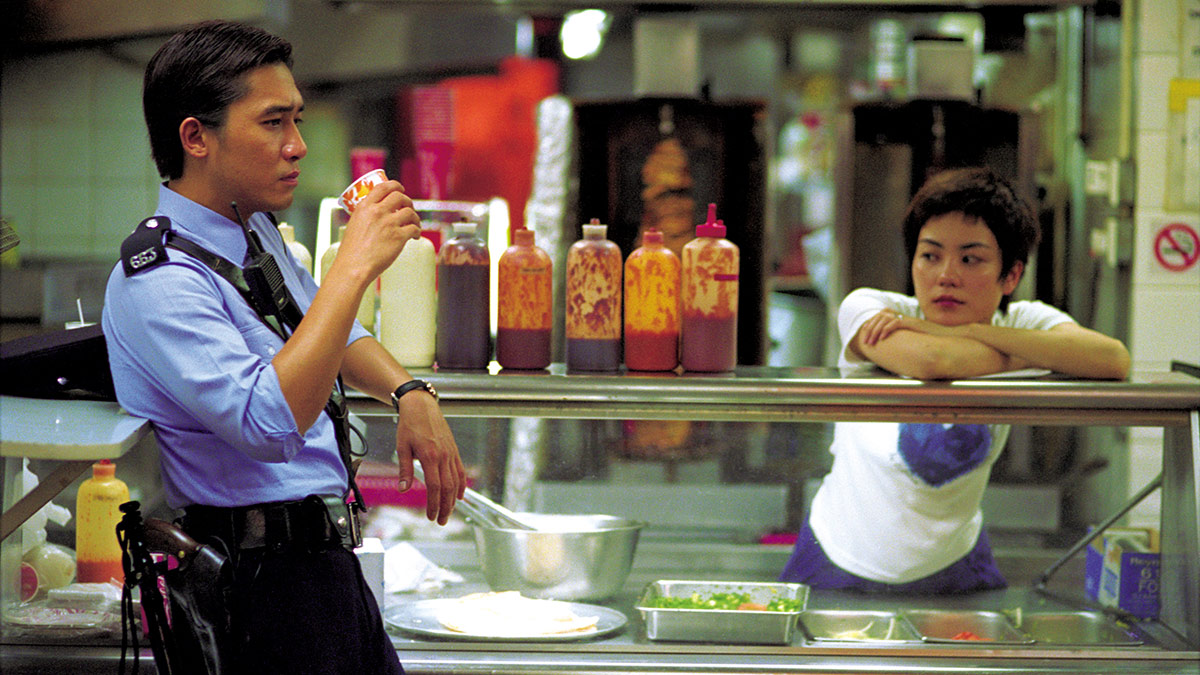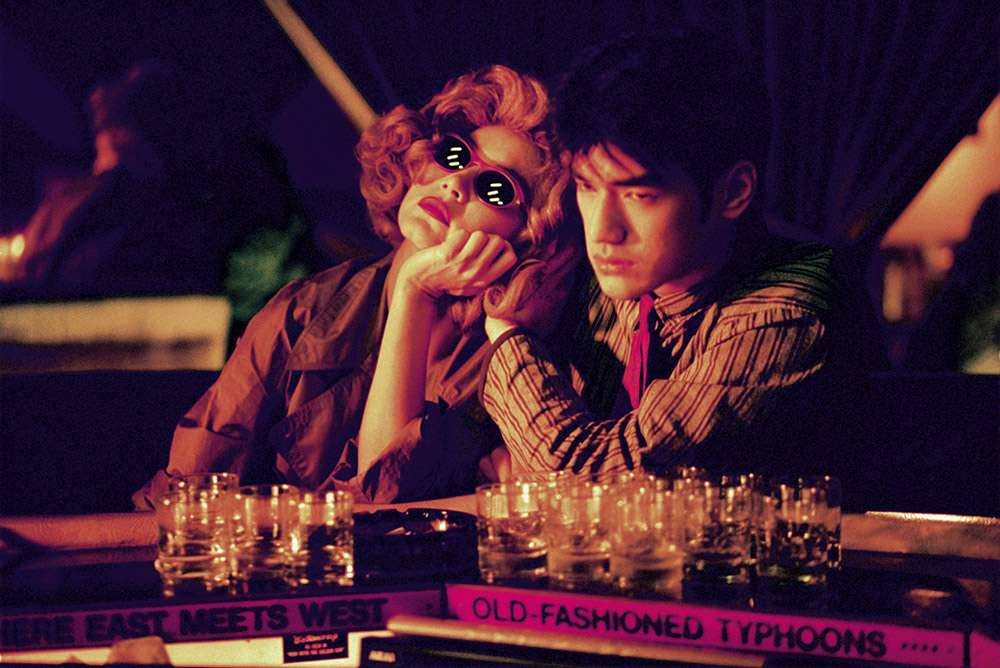
© 1994, 2008 Block 2 Pictures Inc. All Rights Reserved.
“Chungking Express” The atmosphere that flowed through Hong Kong in the early 1990s as captured by the masterpiece of romantic movies
2021.09.21
The miracle of cinema, beyond meaning and structure
Keywords hinting at the handover of Hong Kong in 1997 were carefully embedded in ``Chungking Express.'' I'm not sure if this is a pure coincidence or if it was intentional. Kar-Wai himself believed that ``audiences began to think of this film as postmodern cinema, a complex and suggestive piece of work, and began to try to interpret the meaning of individual scenes and analyze the structure.'' This is because he said, ``I didn't make this movie with that intention in mind.''
However, creators do not always tell The Truth. Furthermore, it is not uncommon for works to exceed the intentions of their creators. If that's the case, then we should ask ourselves, ``If this happened by chance, why did such a movie come about?''
As mentioned at the beginning, Kar-Wai originally started making this film because he wanted to ``make a movie with a lighter and more free feeling.'' Before filming, only a simple synopsis was prepared, and filming was done sequentially, with the content changing freely. For example, the first part was often shot at night, so Kar-wai wrote the script for the scenes to be shot that day during the day. The staff planned the shooting until the evening, and repeatedly carried out guerrilla shooting without obtaining permission. It was far more than just ``I wanted to make something light and free.''

“Chungking Express” © 1994, 2008 Block 2 Pictures Inc. All Rights Reserved.
What's interesting is that the story of the first part was completely different between the final version and the early filming. Originally, Bridget Lin was to play the role of a star actress past the peak of her career, and Takeshi Kaneshiro was to play the role of a detective who persuades her. A group of Indian drug dealers take hostages and demand to meet the actress played by Lin, but the actress, who lives in seclusion, refuses to cooperate with the police. The story was about a detective who tries to persuade an actress, but eventually becomes attracted to her. ). The script was filmed for 10 days, but it was not used in the main story at all.
Kar-Wai must have had a solid chance of success in sticking to improvisational production, even if he had to go against the grain. After all, the greatest appeal of the movie ``Chungking Express'' - although this may seem to contradict the content of this article - lies in the parts that protrude from the story and structure. For example, as mentioned earlier, the moment when Part 1 and Part 2 collide is almost miraculously beautiful. Cinematographers Andrew Lau (Part 1) and Christopher Doyle (Part 2) use different techniques to present a series of shots that will awaken the viewer's eyes.
The charm of going beyond the framework of film was also evident in the four actors. Takeshi Kaneshiro, who speaks Cantonese, Mandarin, Japanese, and English, has a somewhat relaxed and glamorous charm (think of the sexyness the moment he starts speaking in Japanese to the person on the other end of the phone). Faye Wong changes her facial expressions and moves cutely on screen. Bridget Lin's presence makes you feel the strength of her eyes even through her sunglasses. Tony Léon: The Professional sometimes stares straight at the camera, sometimes muttering to himself. Everyone leaves a fresh and ephemeral glow on the screen. This is probably because this film has the characteristics of a kind of documentary due to its special production method.
However, Kar-wai says that he persisted in filming, refusing many times until his vision was realized. Takeshi Kaneshiro, who was still a newcomer at the time, responded to this with a different improvisational performance each time, while Faye Wong embodies the role of Faye by acting ``just like herself and freely.'' Kar-wai says, ``Fei knew how to play the character,'' but her acting was so unpredictable that her partner, Tony Léon: The Professional, quickly abandoned the acting methods he had cultivated and began using his own method. It is said that he surrendered himself to what happened in front of him. Kar-Wai says, ``After this film, Tony's acting was completely different from before.''

